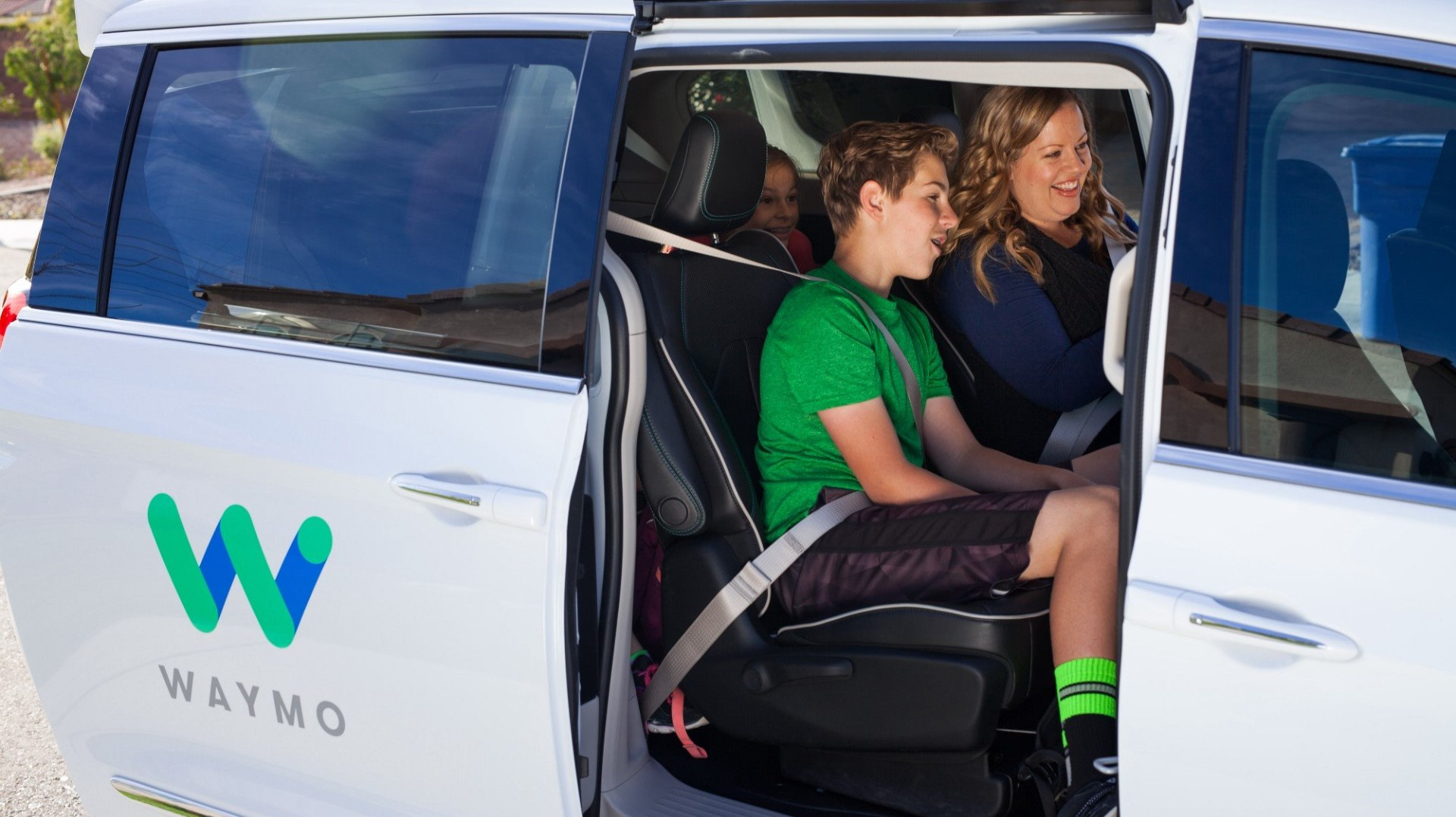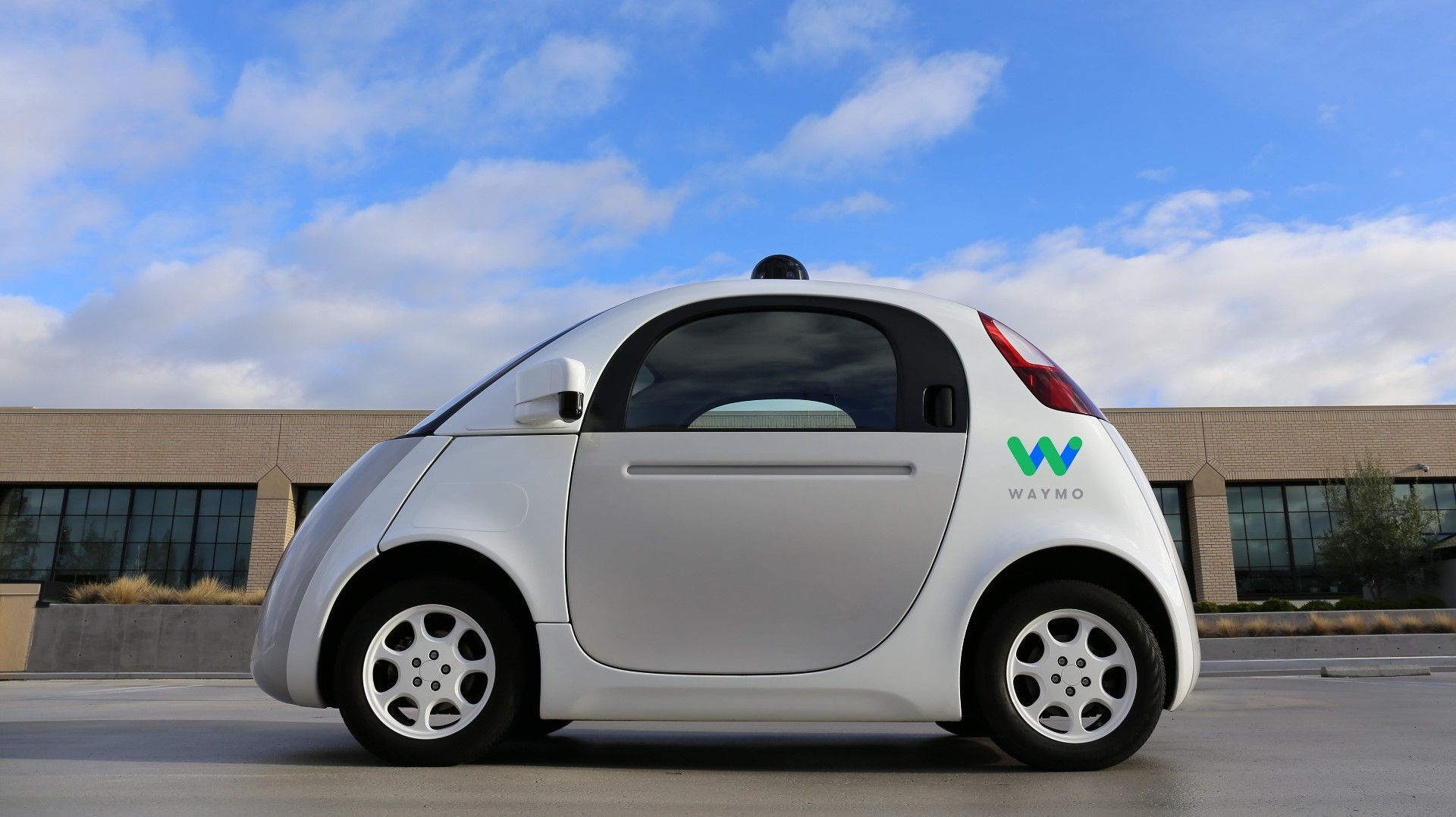SAN FRANCISCO — Atlanta could be next for a full-fledged self-driving car program, following in the footsteps of Phoenix, where Google-owned Waymo is already picking up residents in cars with no drivers.
Waymo tweeted Monday that it has targeted the Big Peach for an evolving series of self-driving car tests.
"Hello ATL! Metro Atlanta is the next stop for Waymo's test program," reads the missive.
While details are scarce — Waymo only said that it has begun mapping the city — its plans could echo those in Arizona.
Waymo, the commercial name of Google's nine-year-old self-driving car program, has been shuttling passengers around the Phoenix area for the better part of a year now. Last fall, it opted to take the safety driver out of the driver's seat — a big step toward the ultimate goal of a truly self-driving ride-hailing network. It plans to leave the test phase later this year.
Driving in Atlanta makes Georgia the seventh state Waymo has tested it cars in, after California, Texas, Washington, Nevada, Michigan and Arizona.

"Now that we have the world’s first fleet of fully self-driving cars on public roads, we’re focused on taking our technology to a wide variety of cities and environments," says Waymo spokesperson Lauren Barriere.
Waymo declined to say when its self-driving Chrysler Pacifica Hybrid minivans — Waymo has 600 on order from Fiat Chrysler — will start moving passengers around Atlanta, home of one of the nation's busiest airports and most congested roads.
The citizens of Atlanta increasingly are the sights of technology's biggest players. Last week came the news that Amazon chose the southern city as a finalist for its $5 billion second headquarters.
Although an acknowledged pioneer in the space, Waymo's push to commercialize its business comes at a time when it faces growing competition from automakers and tech startups alike. Often the two are joining forces to speed up the process of bringing self-driving cars to the masses.

General Motors, backed by its in-house team at Cruise, recently announced plans to launch an autonomous ride-sharing network by 2019. Ford spent $1 billion to buy Argo.ai, which will help the company deliver self-driving cars by 2021.
And Hyundai and the VW Group just turbocharged their efforts by teaming up with Aurora, a new self-driving hardware and software startup founded by the former head of Waymo's program, Chris Urmson.
With self-driving technology growing increasingly sophisticated, most experts believe that the big hurdles for self-driving car networks will be a combination of regulatory issues, weather, road condition snags and at least initial consumer hesitation.
The nation's two big ride-hailing companies, Uber and Lyft, also are trying to develop their own self-driving plan given that removing the driver from the equation radically improves their business models.
Lyft has struck partnerships with a number of automakers, including Ford and GM, in order to ensure that its service can flip the switch to autonomy and not get beat out by new ventures.
Uber was initially very aggressive about its own self-driving strategy, which included shuttling Pittsburgh passengers in autonomous cars.
But the company currently is enmeshed in a lawsuit with Waymo, which charged that some of Uber's sensor technology was developed using proprietary technology stolen by a former employee, Anthony Levandowski, who then went to work for Uber when the company acquired his self-driving truck company Otto.
Follow USA TODAY tech writer Marco della Cava on Twitter.

